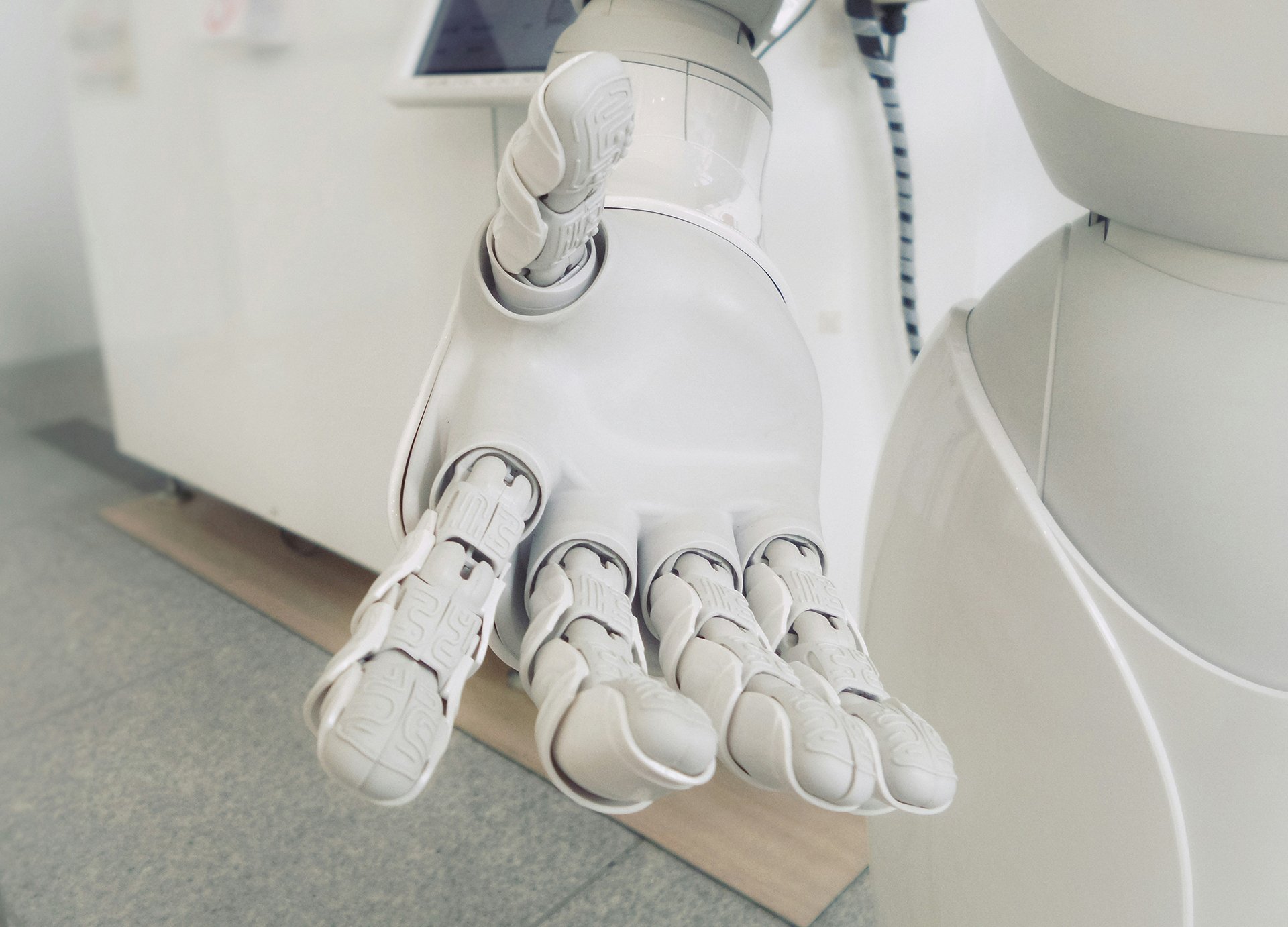Exploring the Effects of Automation on Employment
Job seekers have long kept an eye on automation and the effects that it’s had, or will continue to have, on the job market. As technology rapidly advances, it's no surprise that automation continues to be a hot topic across various industries.
Is there truth to the hype, or is the anxiety and concern merely the product of a phantom fear? Let’s dive into the subject further, unpack the myths, and explore the opportunities automation brings to the workforce.
What Is Automation?
Simply put, automation involves using technology to perform tasks that typically require human effort. Most often, the tasks replaced by automation are highly repetitive and time consuming. They can range from manufacturing robots and self-checkout kiosks to sophisticated software managing customer services and data entry.
The goal? To increase efficiency, reduce errors, and free up human employees to focus on more complex aspects of their jobs.
The Myths vs. The Reality
It's a common worry that automation might lead to significant job losses as machines or software replace human workers. However, the reality is far more nuanced and, frankly, more optimistic. Automation does indeed change the way work is done and can lead to the displacement of certain types of jobs. But it also creates new opportunities and demands for skills that only humans can provide.
Job Creation Through Automation
Automation has a track record of creating jobs in several ways. For one, as new technologies develop, they require human input for design, maintenance, and oversight. Think about the rise of the IT department in nearly every company over the last few decades—jobs that didn't exist before computers became a workplace staple.
Moreover, automation can lead to the emergence of entirely new industries. For example, the app development industry exploded with the advent of smartphones, creating roles from software engineering to digital marketing specialists focused on promoting apps.
Skills and Adaptation
With automation taking over routine tasks, there is a growing demand for skills that are uniquely human. Emotional intelligence, creative problem-solving, and interpersonal communication are at a premium in the automated workplace. This shift emphasizes continuous learning and adaptation, encouraging workers to expand their skill sets.
The Benefits of Automation
Aside from creating jobs and changing skill demands, automation has several other benefits:
Increased Productivity. Automated processes are typically faster and more consistent than manual ones, boosting overall productivity.
Enhanced Quality of Life. By automating mundane tasks, employees can focus on more engaging and meaningful aspects of their work, potentially increasing job satisfaction.
Economic Growth. Increased productivity can lead to lower costs and higher outputs, stimulating economic growth and creating more employment opportunities indirectly.
Navigating the Transition
The transition to a workforce driven by automation can be daunting, but it's also packed with potential. Enterprises can ease this transition by investing in education and training programs to help workers adapt to new roles and new ways of doing old tasks more efficiently.
Re-skilling initiatives and lifelong learning programs are vital to prepare the workforce for the jobs of tomorrow.
Embracing an Automated Future
As we explore the effects of automation on employment, it's clear that the future holds much promise. With thoughtful adaptation and proactive learning, we can all look forward to a world where technology and humanity work together to create a brighter, more efficient, and more fulfilling workplace. Let's embrace the change with optimism and excitement for what’s to come!
Photo by Possessed Photography on Unsplash

